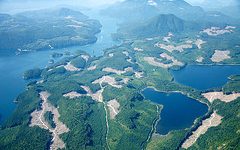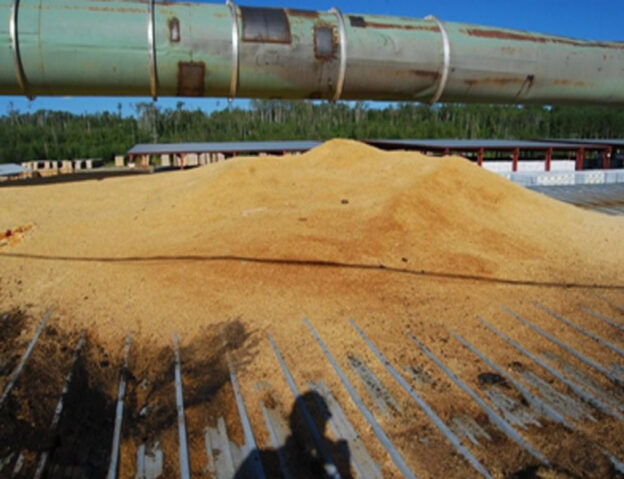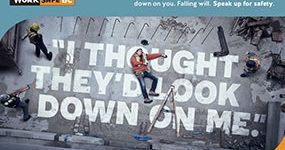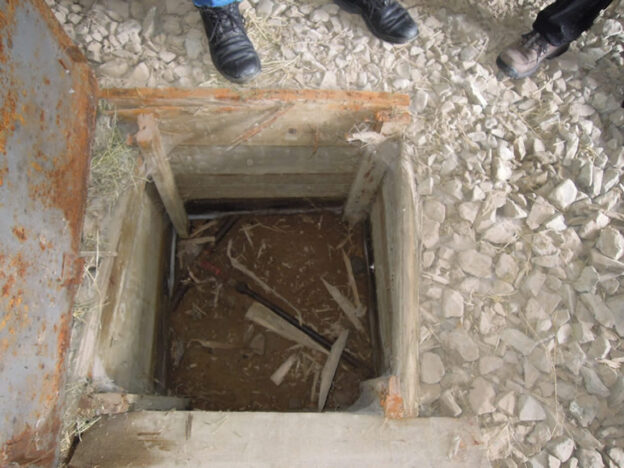
BC Council on Substance Abuse is hosting Drugs and Alcohol in the Workplace – Wrestling with the Elephant in the Room March 10 – 12, 2015 in Kelowna, BC, Canada.



BC Council on Substance Abuse is hosting Drugs and Alcohol in the Workplace – Wrestling with the Elephant in the Room March 10 – 12, 2015 in Kelowna, BC, Canada.

All employers are required by law to plan for emergencies – but this is complicated by many factors for employers with crews in remote locations.

“Many workplaces don’t have a very good fire safety plan,” says Ray Roch, director of BC’s Fire Inspection and Prevention Initiative (FIPI). “We needed to put together some materials to help organizations develop fire safety plans…
On average, 13 people a year died in fishing accidents in Canada between 1999 and 2008. What happened? Why did it happen? How can we prevent it from happening again?

In BC, falls from a height accounted for 92 worker deaths and 22,610 serious injuries from 2004 to 2013. That’s why a new partnership has been formed to address this tragic reality.
This video shows what happens when an excavator hits a power line on a construction site.

Safety advocates in BC are reaching out to farm workers to minimize risks of confined spaces. Help is available in person and on-line in multiple languages at the Confined Space Centre of Excellence for Agriculture.

Chances are, if you’re quick enough, symptoms can be gone in about 30 minutes. But without early treatment, a person can develop heat stroke that could be fatal.

Chris O’Rily, BC Hydro’s Executive VP of Generation, spoke at the BC Safety Charter Annual Roundtable on May 1, 2014 in Burnaby, BC, Canada, and told delegates why Hydro waited until 2013 to sign the Charter.

Workers need protection when a clean-up job includes used drug needles, bed bugs, and rodent droppings. Respirators, coveralls, rubber gloves, tongs, sharps containers, protective footwear, and exposure control plans are just the start.